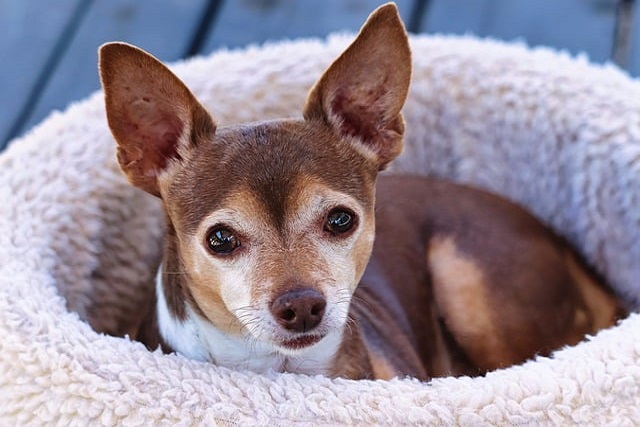
How do i train my dog to be obedient?
Watching your dog dart across the park ignoring your calls isn’t just frustrating—it can put them at risk near busy streets or public spaces.
Ever been jolted awake by the unwelcome smell of a midnight puppy accident? Potty training your furry friend to use pads overnight isn’t just a convenience—it’s a survival skill, especially for urban dwellers in Western countries. But it’s not as simple as laying down a pad and hoping for the best. Let’s explore the science, strategy, and social norms that’ll have your pup pad-trained in no time.
First, consider your puppy’s biology. Puppies under 16 weeks have bladders no bigger than a walnut, holding urine for just 2-3 hours. In frigid winters or rainy springs common across Western regions, dashing outside for every bathroom break isn’t practical. That’s where pads shine. But choose wisely: look for pads certified by the American Pet Products Association (APPA) or European Pet Food Industry Federation (FEDIAF). Many Western cities fine pet owners $100+ for soiled public hallways, and a non - leakproof pad could land you in legal trouble.
Placement matters as much as product choice. In typical Western homes, the laundry room or a kitchen corner away from high - traffic areas works best. Puppies, like humans, value privacy when answering nature’s call. If your apartment building has a “quiet hours” policy (common in cities like New York or Berlin), avoid placing pads near neighbors’ walls to prevent noise complaints. And never position pads too close to your puppy’s sleeping area—dogs instinctively avoid soiling their den.
Consistency is the golden rule. Establish a pre - bedtime ritual: a 30 - minute walk two hours before sleep, followed by a gentle nudge towards the pad while using a clear command like “go pee.” When your pup succeeds, celebrate with a tiny treat (like a piece of freeze - dried chicken) and enthusiastic praise. In Western pet culture, positive reinforcement isn’t just effective—it’s ethical. Scolding for accidents violates the widely - embraced “force - free training” principle and can trigger anxiety, stalling progress.

Maintenance is key to both training and community harmony. Change soiled pads immediately; a single missed cleanup can teach your puppy that “near the pad” counts, and a smelly hallway violates most apartment lease agreements. Some Western housing associations even require pet owners to use odor - neutralizing sprays. Remember, being a responsible pet parent means respecting neighbors’ quality of life as much as your puppy’s needs.
Finally, be patient. Every puppy progresses at their own pace. If accidents persist despite your best efforts, consult a vet. In Western veterinary practices, urinary tract infections or dietary sensitivities can mimic training issues. With the right approach—science - backed methods, cultural sensitivity, and regulatory compliance—you’ll soon enjoy uninterrupted sleep and a pad - proficient puppy.

Watching your dog dart across the park ignoring your calls isn’t just frustrating—it can put them at risk near busy streets or public spaces.

New puppy owners often find themselves rushing to clean up accidents before they set in, and that’s where puppy pad training becomes a game-changer.

If you've noticed your dog's waistline disappearing and your veterinarian has mentioned those few extra pounds, your first instinct might be to simply reduce the amount of food in their bowl.

Training a dog to use a designated spot indoors isn’t as daunting as many new owners fear, but it does take consistency and an understanding of your pet’s needs.

That moment of dread on a walk is all too familiar for many new dog owners. You see another dog approaching down the sidewalk of your neighborhood

If the sight of another dog on your neighborhood walk makes your heart sink as your own dog erupts into a frenzy of barking and lunging, you're not alone.